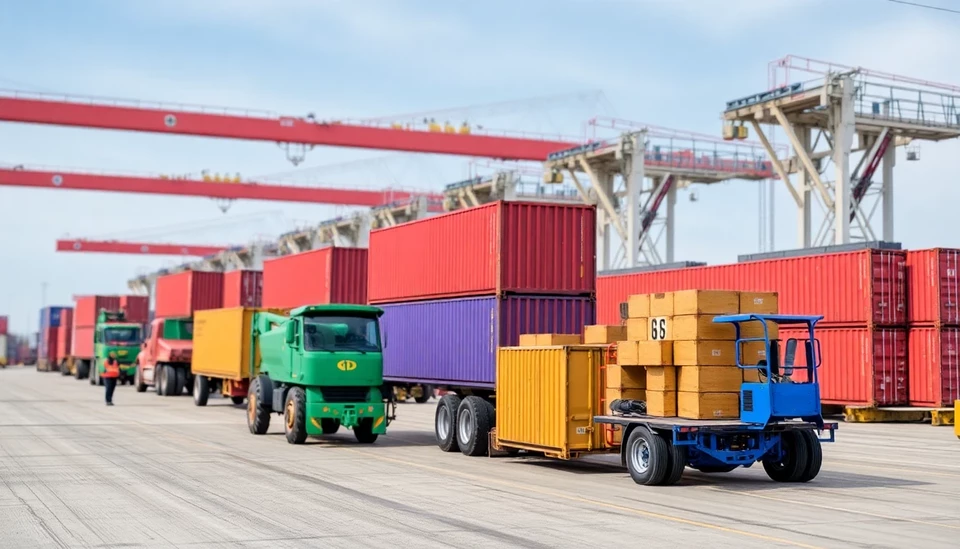
In a significant development affecting the retail industry, major US retailers have expressed their reluctance to contest the tariffs imposed during the Trump administration. These tariffs, initially designed to protect American businesses by placing economic pressure on imports, have now become a contentious legal battle that retailers are hesitant to engage in.
During a recent hearing, representatives from notable retail chains revealed their apprehension regarding a lawsuit aimed at overturning the tariffs. These tariffs, which have contributed to elevated prices for consumers, were set on a wide array of goods, primarily from China, marking a crucial point in trade policy that retailers are now struggling to navigate.
The retailers argue that engaging in litigation could further complicate their operations and potentially alienate their customer base, which has already been feeling the brunt of inflation and rising costs. Executives from these companies articulated concerns that the financial and reputational risks associated with challenging the tariffs might outweigh any potential benefits from securing a favorable ruling.
This hesitance from the retail sector highlights a broader dilemma faced by many businesses: the balancing act between advocating for fair trade practices while also considering the immediate impact of legal actions on their market positioning and profitability. Retailers, often operating on thin margins, are cognizant of how prolonged legal battles could disrupt supply chains or lead to increased consumer prices.
Experts in trade law suggest that the reluctance to challenge the tariffs is not just a reflection of retailers' current financial health but is also shaped by the complex political landscape. With the political climate shifting and the Biden administration taking a different approach to trade policy, retailers may be watching closely to see how long these tariffs will remain in effect and what future policy changes could bring.
Currently, many retailers are opting instead for strategic negotiation with suppliers and seeking to manage their costs internally. By doing so, they hope to navigate the challenges presented by these tariffs without incurring the additional stresses that a court case could bring.
This situation underscores a significant reality in the US economy—a growing apprehension among businesses about the risks involved in legal disputes regarding trade and tariffs, particularly when the outcome may not lead to a clear financial advantage.
As the retail landscape continues to evolve, it remains to be seen how these ongoing tariff issues will shape the industry, both in terms of pricing strategies and overall market stability. Retailers are likely to stay vigilant as they adjust their business strategies in response to these tariffs while simultaneously preparing for a potential shift in trade policies under the current administration.
In summary, as major retail players hesitate to take a stand against the Trump-era tariffs, their caution reflects a larger trend in the industry—one that prioritizes stability and careful planning over aggressive legal challenges amidst a complex economic landscape.
#Tariffs #RetailIndustry #TradePolicy #TrumpEra #USEconomy #LegalChallenges #BusinessStrategy
Author: Victoria Adams




